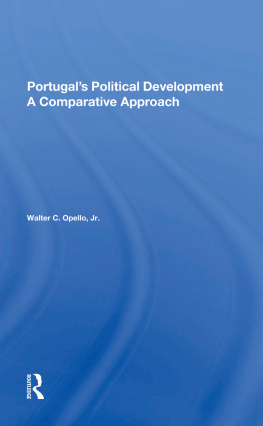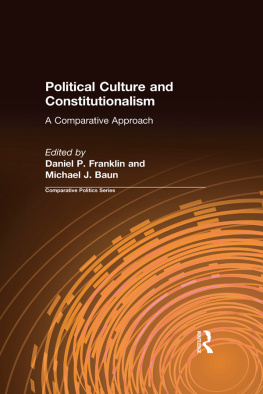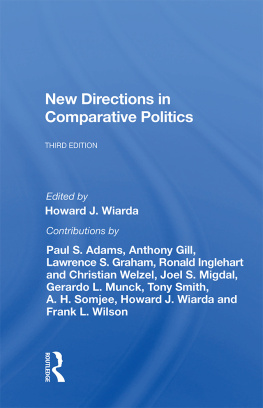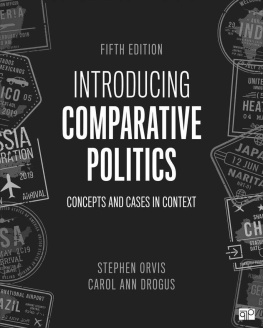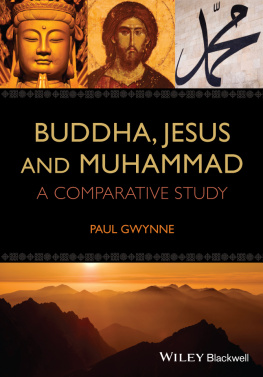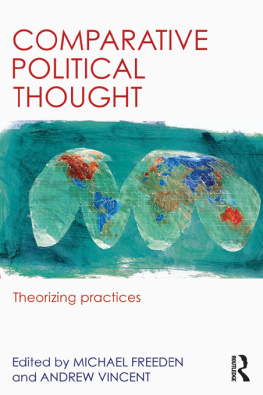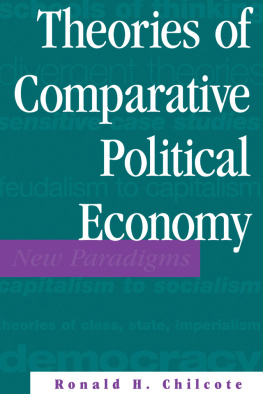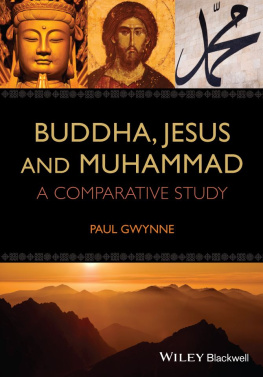Portugal's Political Development
Westview Special Studies
The concept of Westview Special Studies is a response to the continuing crisis in academic and informational publishing. Library budgets for books have been severely curtailed. Ever larger portions of general library budgets are being diverted from the purchase of books and used for data banks, computers, micromedia, and other methods of information retrieval. Interlibrary loan structures further reduce the edition sizes needed to satisfy the needs of the scholarly community. Economic pressures on the university presses and the few private scholarly publishing companies have severely limited the capacity of the industry to properly serve the academic and research communities. As a result, many manuscripts dealing with important subjects, often representing the highest level of scholarship, are no longer economically viable publishing projectsor, if accepted for publication, are typically subject to lead times ranging from one to three years.
Westview Special Studies are our practical solution to the problem. We accept a manuscript in camera-ready form, typed according to our specifications, and move it immediately into the production process. As always, the selection criteria include the importance of the subject, the work's contribution to scholarship, and its insight, originality of thought, and excellence of exposition. The responsibility for editing and proofreading lies with the author or sponsoring institution. We prepare chapter headings and display pages, file for copyright, and obtain Library of Congress Cataloging in Publication Data. A detailed manual contains simple instructions for preparing the final typescript, and our editorial staff is always available to answer questions.
The end result is a book printed on acid-free paper and bound in sturdy library-quality soft covers. We manufacture these books ourselves using equipment that does not require a lengthy make-ready process and that allows us to publish first editions of 300 to 1000 copies and to reprint even smaller quantities as needed. Thus, we can produce Special Studies quickly and can keep even very specialized books in print as long as there is a demand for them.
About the Book and Author
Portugal's early developmental experience created a highly centralized administrative state that continues to have a powerful influence on the nature and style of the country's government and politics. Emphasizing this theme, Dr. Opello shows that, contrary to the conclusions of scholars who have analyzed Portugal from Latin American or Third World perspectives, Portuguese political development is more comparable to the pattern of development of West European countries, especially France. He compares Portugal's political experience with that of other West European countries and concludes by speculating about the future of Portugal's fledgling democracy.
Walter C. Opello, Jr., is associate professor of political science at the University of Mississippi. His articles on Portuguese politics and government and on Portuguese-speaking Africa have appeared in several books and journals.
Portugal's Political Development
A Comparative Approach
Walter C. Opello , Jr.
First published 1985 by Westview Press
Published 2019 by Routledge
52 Vanderbilt Avenue, New York, NY 10017
2 Park Square, Milton Park, Abingdon, Oxon OX14 4RN
Routledge is an imprint of the Taylor & Francis Group, an informa business
Copyright 1985 by Taylor & Francis
All rights reserved. No part of this book may be reprinted or reproduced or utilised in any form or by any electronic, mechanical, or other means, now known or hereafter invented, including photocopying and recording, or in any information storage or retrieval system, without permission in writing from the publishers.
Notice:
Product or corporate names may be trademarks or registered trademarks, and are used only for identification and explanation without intent to infringe.
Library of Congress Catalog Card Number: 84-62208
ISBN 13: 978-0-367-28395-7(hbk)
Para os meus pais
Introduction: Why Portugal?
Political scientists who study West European politics have traditionally focused their attention on the major powers--Great Britain, France, West Germany, and Italy--and neglected the smaller countries of the region. Lately, however, some scholars have begun to turn their attention toward West Europe's smaller democracies. Third, until the collapse of authoritarianism in 1974, Portugal tended to be oriented economically and politically toward Africa where she had three colonies--Angola, Mozambique, and Guinea (Bissau) --and toward her former colony, Brazil. The African colonies, which were the subject of grandiose dreams of Portuguese policymakers during the authoritarian period, acted as a political and economic counterweight to Portugal's small size and meager natural resources and magnified her international importance and prestige. Finally, Portugal has been neglected because few political scientists possess competency in the Portuguese language. Those who do are usually concerned with Brazil or Portuguese-speaking Africa (Portugal's former colonies). Moreover, political scientists with an interest in Iberian politics are invariably drawn toward Portugal's neighbor, Spain.
Therefore, little is known of Portuguese society and politics from a social science point of view and Portugal has not been included to any significant degree in the comparative political research tradition on West Europe. It is vitally important that Portugal now be included in this tradition. First, as political scientists we are concerned with making broad generalizations about politics. Portugal is a political system and now has a very active.democratic political life. Like other political systems the experience of Portugal may serve to suggest new hypotheses and invalidate or support existing ones. Despite the arguments of some political scientists--namely, the corporatists, of which more below--the various approaches that have been used to study West European politics can be as fruitfully applied to Portugal as anywhere. The Portuguese political tradition, although no doubt different in important ways from that of the major powers, is as much West European as is that of France, West Germany or Italy. The inclusion of Portugal within the tradition of comparative scholarship adds one more case to the universe of pluralist democracies and can aid our understanding of the West European political experience generally.
Second, it is important to add Portugal to the body of comparative studies on Western Europe because it is highly relevant to a host of specialized theoretical problems of comparative politics, especially those having to do with the breakdown of authoritarianism and the instauration of democracy. How is it that a country with practically no democratic tradition almost overnight turned away from authoritarianism and established a pluralist democracy? The inclusion of Portugal in the tradition of comparative scholarship can shed additional light on this question as well as more "mundane" ones concerning nationstate formation, political party and party system development, electoral behavior, national-local linkages, political culture, and so on.


